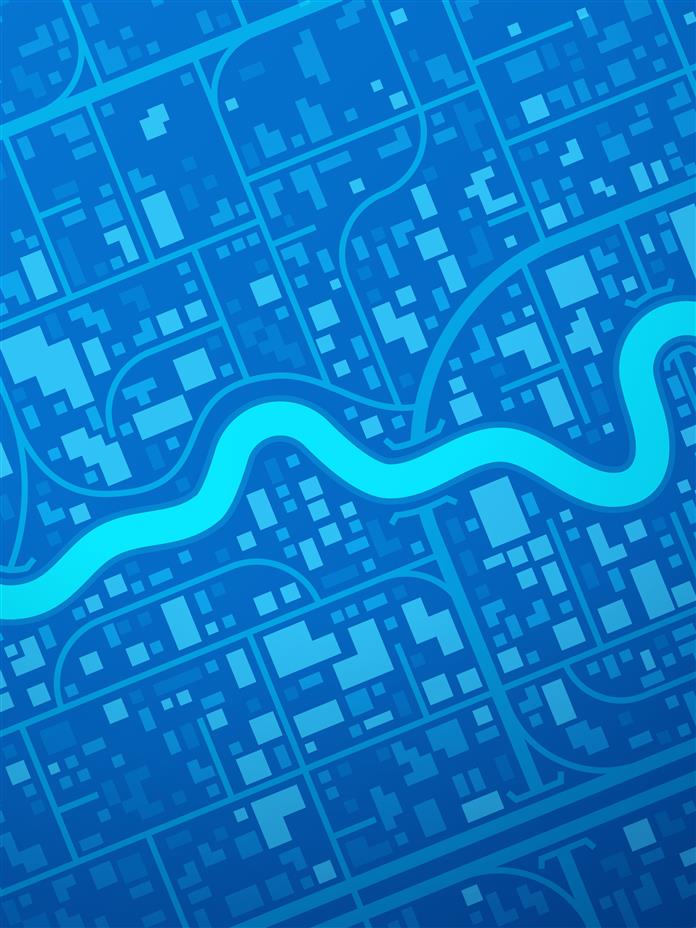Forensic science is a field which needs sharp minds and careful hands. A career in this field is not only a challenging option, but an opportunity to apply science to gain justice for the common man. It is an exciting career opportunity for anyone who wants to apply science to real life situations and solve mysteries.

Tap to Read ➤
Forensic Science Careers
Omkar Phatak


Forensic science is a field which needs sharp minds and careful hands. A career in this field is not only a challenging option, but an opportunity to apply science to gain justice for the common man. It is an exciting career opportunity for anyone who wants to apply science to real life situations and solve mysteries.


Are you a student of science? Do you believe in the scientific method of observation, analysis, experiment, and conclusion? Are you addicted to solving problems, puzzles, and mysteries? Do you believe that justice must be done, no matter what?

If the answer to any of these questions is 'yes', then a career in forensic science is the right one for you. It literally means science applied to public affairs or social justice.

Our judicial system is based on the simple belief that justice should be done, the innocent must be protected, and the guilty should be apprehended.

However, the goddess of justice, if you remember, is blindfolded and she decides her judgment, only after weighing the evidence in a balance. The tilt of the balance of justice depends on evidence, which is where the work of a forensic investigator plays a big role.

No matter how clever and diabolic a criminal is, he always leaves some kind of evidence at the scene of crime. Putting all these small evidences together and lodging a case against the accused, is the job of a forensic scientist. Expert forensic scientists not only gather evidence, but also convince the jury of its validity, by their testimonials, during trials.

The job requires you to be observant, analytical, alert, and precise. Not to mention, you've to be very careful in whatever you do, and be able to convince the non-scientific community of the validity of evidence offered.

To be able to explain a complex scientific fact, in a simple and understandable manner, to a jury member, by cutting to the heart of the subject, is an art cultivated through experience.

Training To Become A Forensic Scientist

This being a scientific discipline, you need deep knowledge of chemistry, physics, or biology, that is, a bachelor's degree in any of these subjects. This has to be followed by Master's and doctoral degrees in forensic science, which are offered by many universities. This should set you on the path for this career.

Trained doctors, with a medical degree and specialization in a particular field can also make an entry into this career, as consultants. Engineers too, have an opportunity in this field, as special consultants, in cases where engineering problems need to be solved.

This field involves science applied to all fields of human endeavor, and that is why, it is vast in its opportunities and sub-fields. So, people from many walks of life, with specific expertise, can have a career in forensics. Let us have a look at each sub-field and the opportunities it offers:

Criminalistics
As the name makes it abundantly clear, 'criminalistics' is the branch that connects evidence, with the perpetrators of the crime. It involves the identification, analysis, and reconstruction of all possible kinds of material evidence of the crime, and its linking, to identity the criminal mind who executed it.

This involves fingerprint identification, as well as DNA fingerprinting. It includes many professionals from the medical field, who have specialized in forensic investigation.

The most difficult part of work for a forensic investigator, working in this field, is putting all the pieces of the jigsaw puzzle of evidence together and making a case out of it. It requires an uncanny genius, as well as thorough practical thought, to find the solution. You have to enter the criminal psyche to make sense of the evidence sometimes.

Engineering Sciences
This involves experts from various branches of engineering like civil, mechanical, electrical, and other fields. Many times, in disasters or accidents, caused by negligence, expert opinion is needed, as to what exactly was the reason it happened. The court needs to ascertain who is guilty or innocent in the case.

Sometimes, it is very difficult to ascertain as to what really caused the accidents, like the 'Challenger' disaster, which was a very complex problem. This is where the expert engineering forensic team comes in to solve the problem. It is a very challenging job for an engineer, who enjoys problem solving.

These were the two main sub-fields of investigation, but there are many more like:
- Toxicology
- Jurisprudence
- Odontology
- Questioned documents
- Pathology
- Physical anthropology
- Psychiatry and Behavioral Sciences

Each of these fields requires its own degree of expertise and professional qualifications. Also, each one of them is equally challenging.

Forensic science investigators are employed by organizations like the CIA (central Intelligence Agency), the FBI (Federal Bureau of Investigation), hospitals, morgues, major medical establishments, and the Judiciary. They are paid well for their expertise.

The life of a forensic scientist involves a constant renewal of his knowledge and expertise in the field. It is a noble profession that tests the integrity, mettle, and expertise of a person.